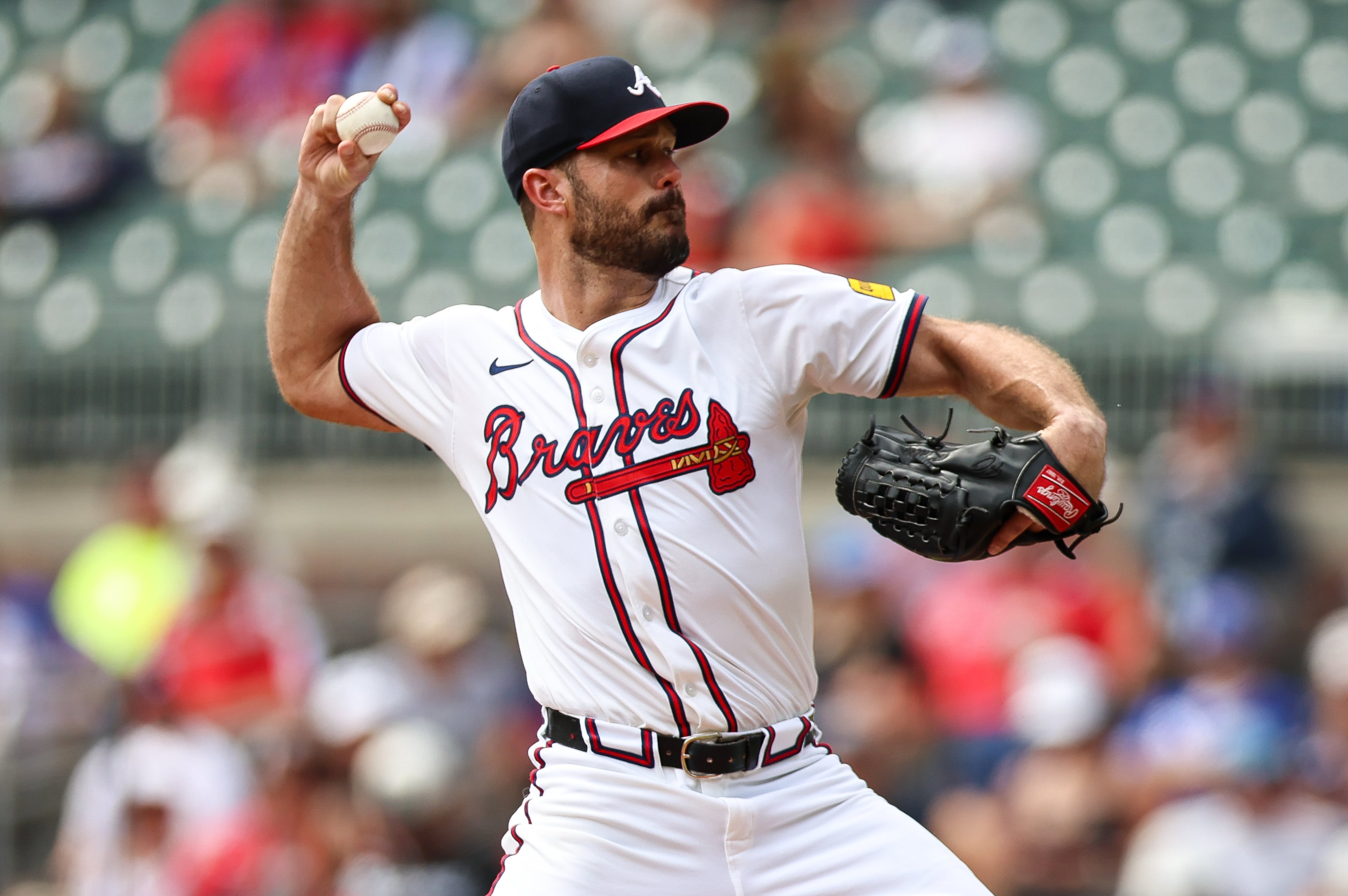Braves will increase seating capacity to 50% for second homestand
The Braves, who earlier announced they’ll limit Truist Park’s seating capacity to 33% for the first homestand of the season, said Thursday they’ll expand the limit to 50% for their second homestand.
That means the Braves will allow about 20,500 fans in the 41,000-seat stadium for the second homestand April 23-29 after permitting about 13,500 for the first homestand April 9-15.
The Braves said the reduced capacities will leave space between pods of occupied seats amid the COVID-19 pandemic.
“After reviewing our seating pods, we feel expanding capacity to 50% will still allow for our fans to be safely distanced from other seating pods,” Braves President and CEO Derek Schiller said in a statement. “As we previously mentioned, we will review seating and make any necessary changes as the season progresses.”
Single-game tickets for all April home games will go on sale to the general public at 10 a.m. Friday, the Braves said.
Season-ticket holders and others who had bought tickets for April games before the seating capacity was reduced have been offered opportunities to re-select seats in the new configurations. They also had the option of refunds.
The first homestand features a three-game series against the Philadelphia Phillies (April 9-11) and a four-game series against the Miami Marlins (April 12-15). The home opener will mark the first time fans have attended a game in Truist Park since October 2019.
The second homestand includes a three-game series against the Arizona Diamondbacks (April 23-25) and a four-game series against the Chicago Cubs (April 26-29).



